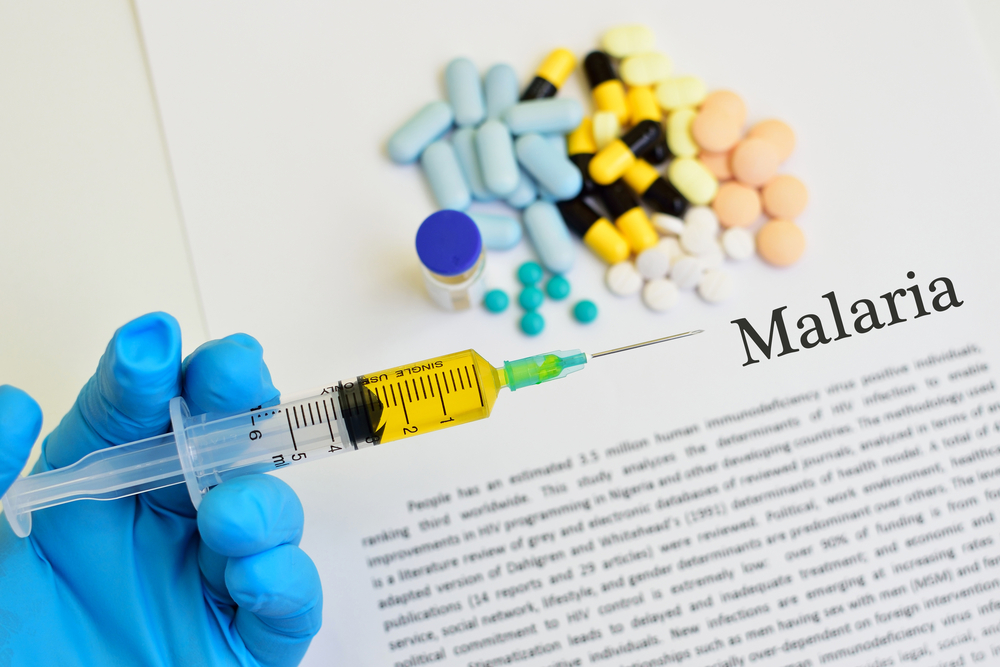
Growing drug resistance has left a frontline malaria drug combination all but useless, according to recent randomized trials focused on Cambodia, Thailand, and Vietnam.
Multidrug-resistant parasites are to blame, their rapidly evolving resistance to antimalarial drugs leading to significantly high treatment failure rates. More than 80 percent of the parasites now circling the region boast such drug resistance. The two-year studies were published in The Lancet Infectious Diseases.
“These worrying findings indicate that the problem of multidrug resistance in P falciparum has substantially worsened in southeast Asia since 2015,” said Olivo Miotto, a Wellcome Sanger Institute and University of Oxford scientist who co-led the genomic epidemiology study. “This highly successful resistant parasite strain is capable of invading new territories and acquiring new genetic properties, raising the terrifying prospect that it could spread to Africa where most malaria cases occur, as resistance to chloroquine did in the 1980s, contributing to millions of deaths.”
While the resistance to artemisinin and its widely used partner drug piperaquine are at the forefront of discussion, the deteriorating situation has also revealed resistances to even the most powerful of frontline drug combinations. That fact has led the authors to call for the abandonment of such drug combinations, even in areas where resistance is only beginning to emerge.
“With the spread and intensification of resistance, our findings highlight the urgent need to adopt alternative first-line treatments,” said Tran Tinh Hien, a member of the Oxford University Clinical Research Unit in Vietnam and co-author on the clinical study. “One option is to switch the partner drug piperaquine to a drug that is currently effective such as mefloquine or pyronaridine–as Cambodia and Thailand have already done. But there is a possibility that in the presence of artemisinin resistance, resistance to these partner drugs might develop rapidly as well. Another option is to use triple ACTs, in which an artemisinin is combined with two partner drugs instead of one.”
The authors recognize the need for a strong push to outpace drug resistance. They have called for accelerated malaria elimination so wipe out the resistance malaria before it can spread and, potentially, cause a global health emergency. As part of this, another co-author of the genomic epidemiology study, Mallika Imwong from Mahidol University in Thailand, has urged continued surveillance to map the resistance spread in real-time.




